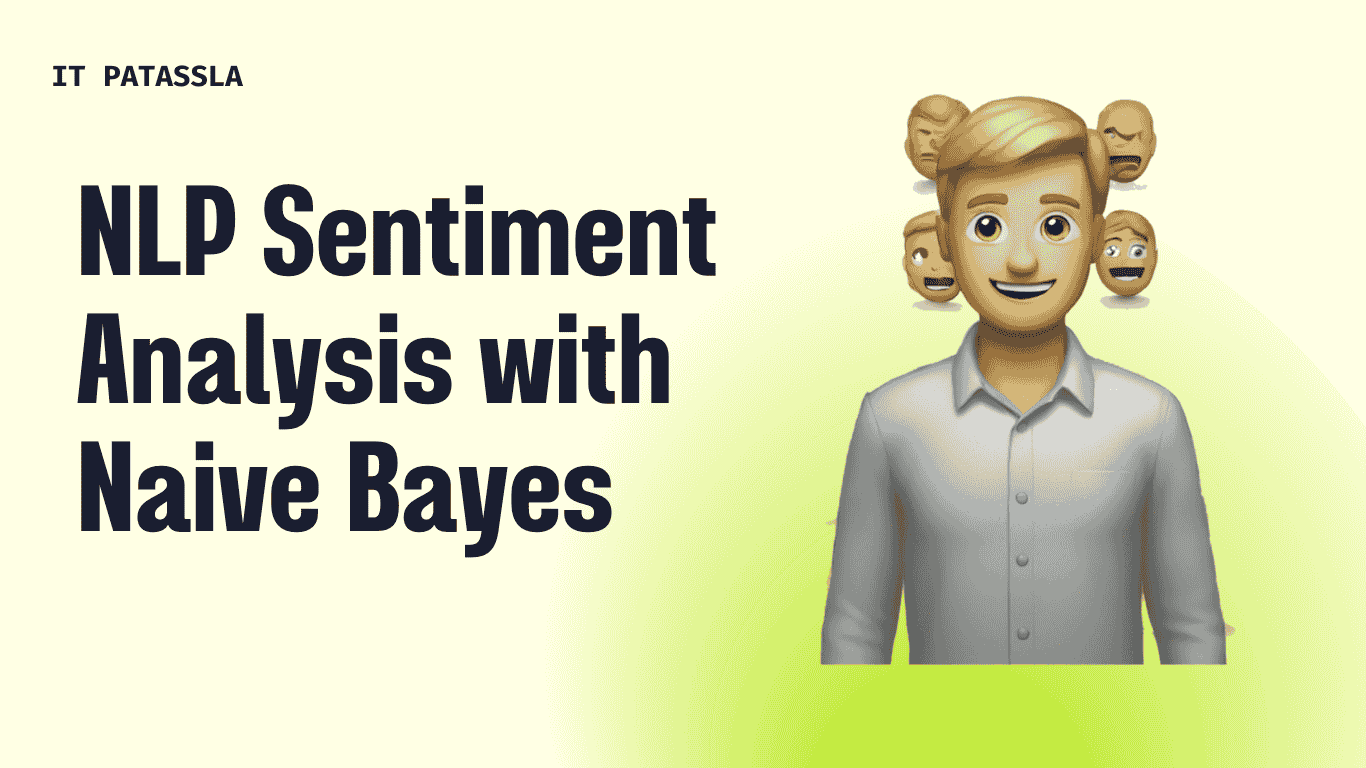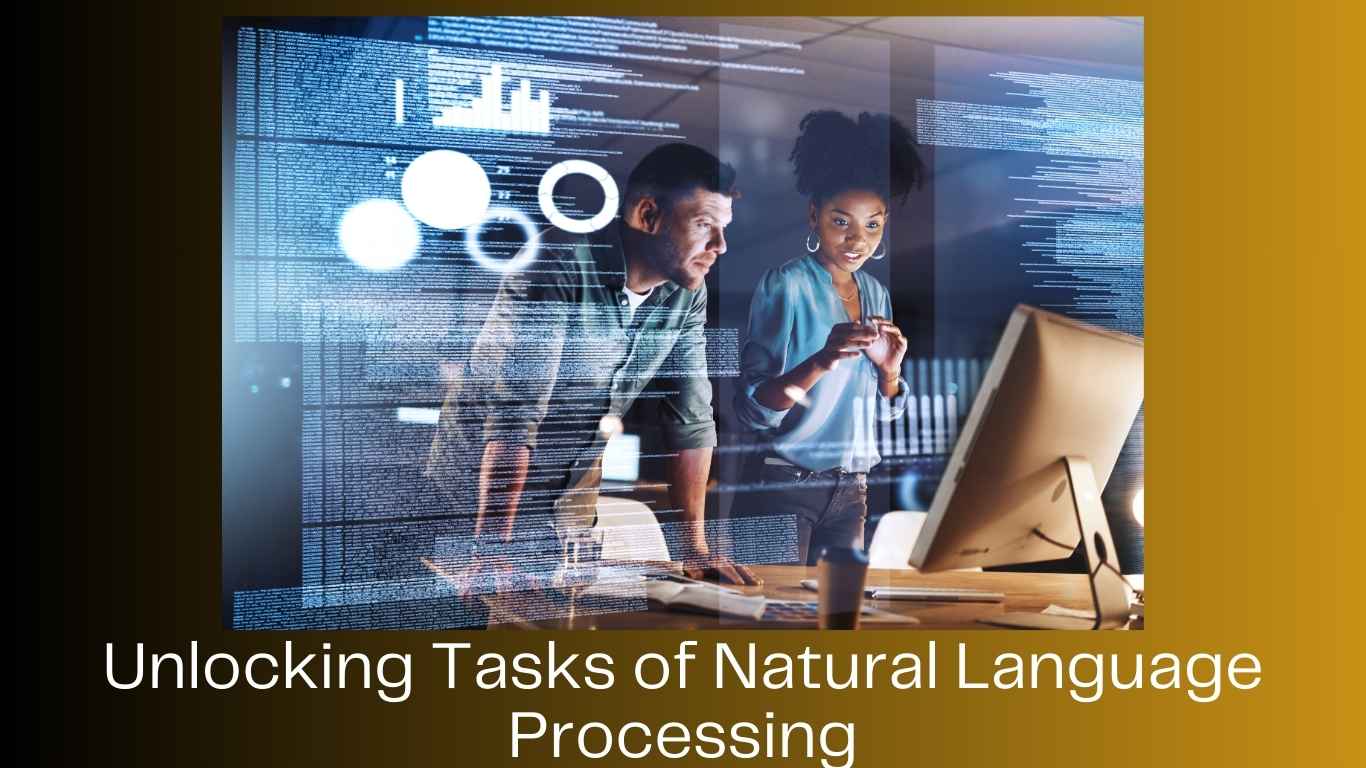How Will AI replace Lawyers Best Guide in 2025?
⚖️ Will AI Replace Lawyers? Future of Legal Practice in the Age of Artificial Intelligence
The legal industry is one of the oldest and most tradition-bound professions in the world. With the rise of Artificial Intelligence (AI), however, even the sacred halls of justice are being reimagined.
That brings us to the big question:
Will AI replace lawyers in the near future?
The short answer is: Not entirely—but the profession will change dramatically.
This post explores how AI is reshaping legal work, which tasks are most at risk, and how lawyers can future-proof their careers in a world increasingly dominated by smart machines.
🤖 What Is AI in the Legal Industry?
AI in law refers to computer systems that perform tasks traditionally done by legal professionals. These systems rely on:
- Machine learning
- Natural language processing (NLP)
- Predictive analytics
- Robotic process automation
AI tools can now read and analyze contracts, predict case outcomes, and even draft legal documents.
Some popular AI-based legal tools include:
- ROSS Intelligence – AI legal research
- DoNotPay – “Robot lawyer” for small legal tasks
- LexisNexis & Westlaw Edge – Smart legal research
- Kira Systems – Contract review and analysis
🔍 Why the Legal Field Is a Target for AI Automation
Law is a text-heavy, rules-based profession, which makes it ideal for AI. Legal work often involves:
- Reading large volumes of documents
- Searching precedents
- Analyzing clauses in contracts
- Performing due diligence
AI systems can handle these tasks faster, more consistently, and often more accurately than humans.
In fact, a Stanford study found that AI outperformed junior lawyers in reviewing NDAs with 94% accuracy vs. 85% for humans—and did it in 26 seconds vs. 92 minutes.
📋 Tasks That AI Can Already Perform in Law
Let’s break down which legal activities are already being automated.
📑 1. Legal Research
AI-powered platforms like Lexis+, Casetext, and Westlaw help lawyers:
- Identify precedents
- Interpret statutes
- Summarize case law
- Discover arguments used in similar cases
This saves hours of manual reading and speeds up trial prep.
📃 2. Contract Review and Analysis
Contract management platforms using AI can:
- Spot risky clauses
- Compare multiple versions
- Extract key data points
- Ensure compliance with regulations
Example:
Large corporations like Goldman Sachs and Deloitte use AI to review thousands of contracts annually—saving legal teams hundreds of hours.
🤝 3. Due Diligence in Mergers and Acquisitions
AI can sift through:
- Financial records
- Vendor agreements
- Employment contracts
- Litigation history
This is especially useful in M&A transactions, where speed and accuracy are critical.
✍️ 4. Drafting Legal Documents
AI tools assist in creating:
- NDAs
- Employment agreements
- Lease documents
- Wills and trusts
Some tools like LawGeex and DoNotPay even allow clients to draft documents on their own with little or no lawyer involvement.
🧠 5. Predicting Case Outcomes
Some legal AI platforms use predictive analytics to assess:
- How likely a case will win or lose
- Judge decision trends
- Jury sentiment based on case history
This helps law firms strategize more effectively.
🏛️ 6. Chatbots for Legal Assistance
Chatbots like DoNotPay handle tasks such as:
- Fighting parking tickets
- Filing complaints
- Creating basic legal letters
These bots give users legal help without hiring a lawyer, especially in small claims and civil issues.
⚖️ Tasks AI Cannot Replace (And Likely Never Will)
Even with its rapid growth, AI has clear limitations, especially in tasks requiring:
- Human judgment
- Ethical reasoning
- Empathy
- Strategic negotiation
- Emotional intelligence
🗣️ 1. Courtroom Representation
AI cannot appear before a judge or argue a case with charisma, improvisation, or empathy.
Trial lawyers need to read the room, handle unexpected witness behavior, and build persuasive narratives—all things AI cannot do.
🧩 2. Complex Litigation Strategy
Legal strategy isn’t just about logic—it involves:
- Reading opposing counsel’s moves
- Interpreting human behaviors
- Making judgment calls under uncertainty
AI cannot anticipate human psychology the way an experienced lawyer can.
🧬 3. Client Counseling and Trust
Clients facing lawsuits, divorces, or business dilemmas need human support, not just legal facts.
- Listening with empathy
- Understanding business context
- Offering personalized guidance
These are deeply human services that AI can’t replicate.
🧑⚖️ 4. Ethical and Moral Reasoning
Legal cases often involve gray areas, especially in criminal law or constitutional matters.
Judges and lawyers must balance:
- Justice
- Morality
- Social context
- Legal precedent
AI has no morality—it only follows data patterns.
🧠 How AI Is Changing the Role of Lawyers
Rather than replacing them, AI is transforming how lawyers work.
💼 From Researcher to Strategist
AI handles repetitive tasks, so lawyers can focus on:
- Strategy
- Argumentation
- Client relations
- Case innovation
📊 From Paperwork to Data Analysis
Modern lawyers must learn to:
- Interpret data
- Use analytics for case prediction
- Understand how AI tools work
Law firms are training lawyers to become more tech-literate.
🏛️ Real-World Examples of AI in Law
- BakerHostetler hired an AI tool named ROSS to assist with bankruptcy cases.
- Allen & Overy, a global law firm, uses AI platform Harvey (built on OpenAI’s GPT) for document automation.
- UK’s Ministry of Justice uses AI to speed up legal aid assessments.
🌍 Will AI Lead to Job Losses in Law?
Some roles will be reduced, particularly:
- Paralegals focused on research
- Junior associates handling document review
- Legal secretaries doing admin work
But new roles will emerge, such as:
- Legal data analysts
- Legal tech consultants
- AI compliance officers
- Legal project managers
🎓 What Law Students and New Lawyers Should Learn
To thrive in the age of AI, law students should:
- Understand legal tech platforms (e.g., Casetext, Kira)
- Learn the basics of AI and machine learning
- Stay updated on data privacy and AI regulations
- Develop stronger client communication and empathy skills
🧩 Can AI Make the Legal System More Accessible?
Absolutely.
- Low-income populations often can’t afford legal help
- AI chatbots and document tools bridge the gap
- Governments can use AI to speed up public legal services
But this raises ethical questions:
- Who trains the AI?
- Is it biased?
- Is data protected?
These must be handled carefully to ensure fairness and privacy.
✅ Final Verdict: Will AI Replace Lawyers?
No, AI will not replace lawyers entirely—but it will replace certain tasks.
The future of law is human + machine, where AI handles the boring parts and lawyers deliver the brilliance.
To succeed, lawyers must:
- Embrace technology
- Focus on human-centric skills
- Adapt to an evolving legal landscape
Just like doctors use AI for better diagnosis, lawyers will use AI for sharper legal practice.
Adaptation—not resistance—is the key to survival in the legal profession.
Also read these




